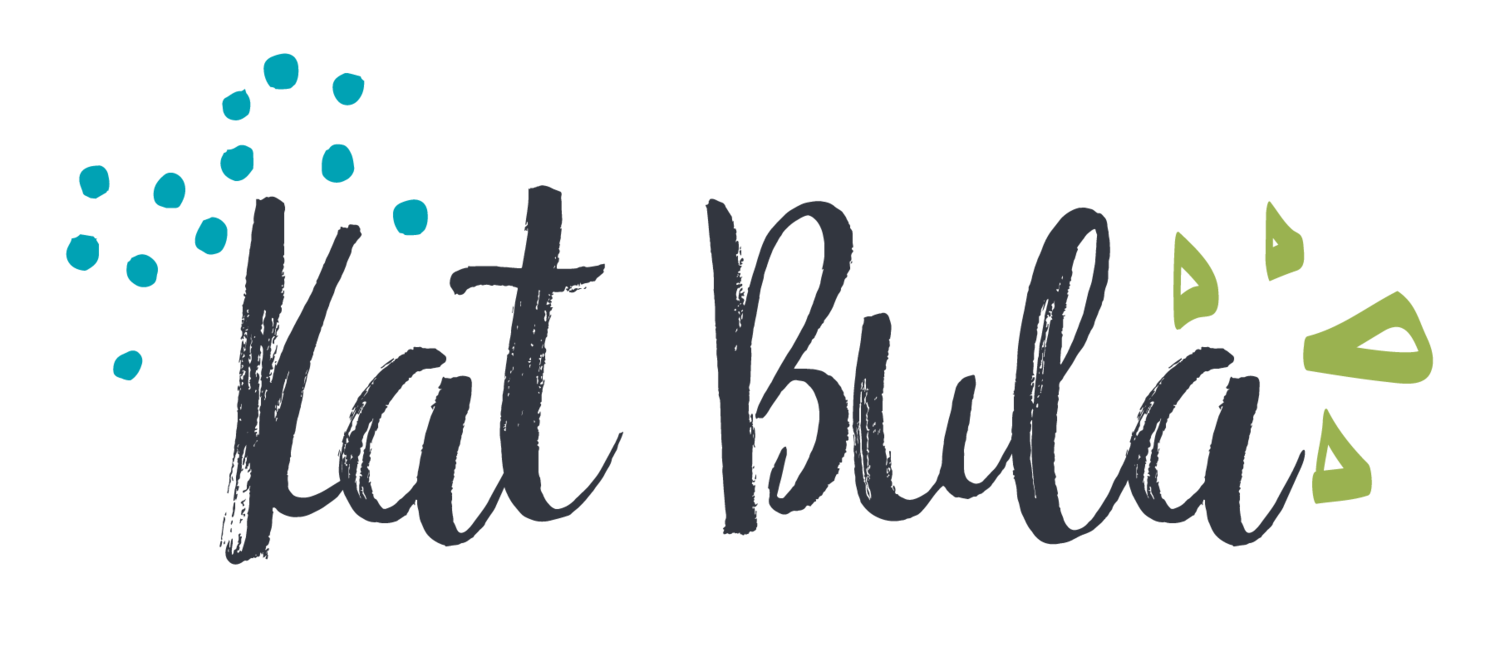Why being an adult learner is awesome.
October 2, 2012
I hear it all the time from my adult students (who constitute the vast majority of my studio):
"I wish my parents had made me stick with it when I was six!"
"I know I'll never be as good as my neighbor's twelve-year-old!"
[insert any number of variations on the same thought]
Someone somewhere told them they're too old to learn. Usually it involved a cursory appeal to science: it's just, you know, neurology. Their brains have been decaying for decades and there's just no hope, no point in aspiring to ever really get anywhere on an instrument they waited until adulthood to begin.
Well, forgive me, but I think it's crap. I'm not a neurologist, but I've worked with over a hundred adults, teens, and tweens over the past five years, and more than a few kids, and I see some patterns:
Adults have better hand-eye coordination than kids, so adults tend to progress substantially more quickly in terms of bow or pick control, intonation, reading music, and learning by ear.
Adults have heard a lot more music in their lives than kids have had the opportunity to hear, so adults' intuitive senses about what the music "should" sound like are more developed, even when they have no idea that that is the case.
Adults are more likely to have analytical and troubleshooting skills that help them practice effectively.
Adults are in it for the love, not because someone is forcing them to study an instrument "for their own good". So motivation to practice, and practice well, tends to be higher. (Unless they're beating themselves up for "being too old to ever sound good"!)
But like I said, I'm not a neurologist. Cognitive scientist Gary Marcus has a lot more intelligent things to say that I do in that area. This week I've been reading his book Guitar Zero: The New Musician and the Science of Learning. It's a really accessible and entertaining combination of memoir and popular science. Marcus decided at nearly 40 to learn to play the guitar, after decades of yearning to do so but believing it impossible. One scientist friend had even diagnosed him with "congenital arrhythmia" -- aka "total inability to understand rhythm." I had no idea there was a medical term for that!
When he really buckles down, though, he finds that while learning music is hard (bet you knew that already), it's not impossible. And when he surveys the research literature, what he finds is even more surprising:
"...although children had been well studied, there was hardly any systematic research on people my age. Nobody seemed to know much about whether adults could pick up an instrument late in life, and it wasn't just music that we knew little about; the literature on the capacity of adults to learn new skills in general was far sparser than I had imagined.
"...[Several] studies show some kind of advantage for music learners who began earlier in life over adults who began later, but most of those don't control for total amount of practice.
"...Although any number of studies have shown that the more you practice the better you get, startlingly few have compared what happens when people of different ages get the same amount of practice.
"...To learn a musical instrument, you need to put in a lot of work--ten thousand hours is an oft-mentioned (if somewhat oversold) number--and to do a proper study, you'd need a reasonably large sample of participants, which is to say a big group of adult novices with sufficient commitment. Nobody has studied the outcomes of adults who put in ten thousand hours of practice starting at the age of forty-two because most people of that age have lives and responsibilities."
[emphases mine]
Ah, there's the rub, right? Your neighbor's twelve-year-old might have schoolwork and ballet classes and soccer meets to work around, but she doesn't have kids of her own. She doesn't have to do her taxes. She probably doesn't have to cook dinner for anyone else.
And: she probably does have someone looking over her shoulder reminding her that practice time is important. That person, for one thing, is probably writing the checks for her lessons and instrument rental! Whereas you're likely the only person in your life with that kind of personal investment in your music study.
So blame your busy-ness, not your brain, if you want to blame something. But I think it makes a lot more sense to focus on what you can do with what you've got, and what assets you do have. And those assets are considerable! In addition to my list above, Marcus points out a secret strength he discovered when playing a band with five kids as part of a "School of Rock" camp:
"I couldn't maintain the manic energy of my much younger bandmates, but I did have one thing I could contribute: a sense of the dynamics of songs as a whole. ...I ended up suggesting a way for us to begin the song. ...my bandmates were glad to have [these types of suggestions]; high-level considerations about composition simply weren't on the kids' minds. The kids would rather polish their riffs than think about the ensemble as a whole. Which left me, as representative of an older generation, a rare place in which to shine."
What do you think? Does it make sense to set your hopes and expectations low because you have an adult brain and adult responsibilities? Or is it worthwhile to stretch yourself as far as you possibly can, recognizing and celebrating the incredible resources available to you precisely because of the years of experience and neural wiring you bring to the table?
You might also like:
A laboratory of s***s and giggles. (Or, how you do anything is how you do everything.)
